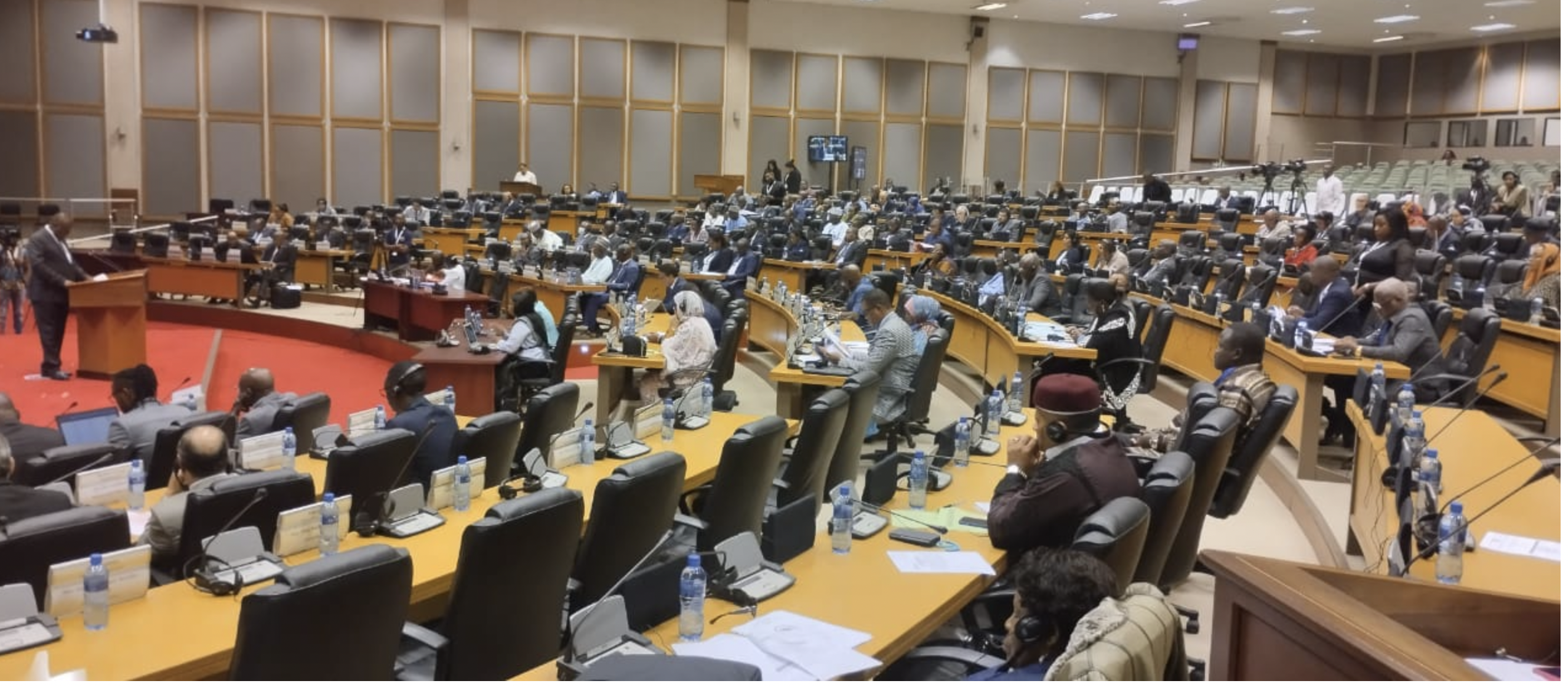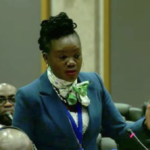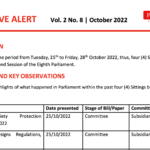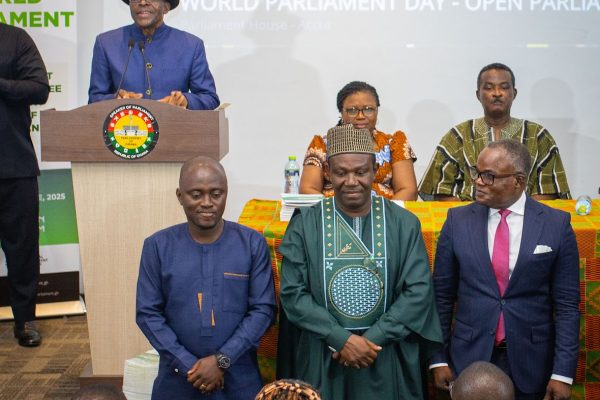AFRICA SHOULD DEVELOP ITS OWN LANGUAGE TO IMPROVE TRADE AND INTEGRATION
Members of the Pan-African Parliament have called upon the African Union to as a matter of urgency put in place measures to adopt a common indigenous language to be used on the African Continent, to promote trade and regional integration.
Contributing to the debate on the floor of Parliament on the report of the Committee on Trade, Customs and Immigration Matters, on the African Continental Free Trade Area (AfCFTA), the MPs observed that the absence of a common language on the Continent is a major factor hindering trade.
Currently, there are five major languages adopted by the African Union, namely, French, English, Portuguese, Arabic, and Swahili.
According to Johannes Lohmann, in a research paper published by Research Gate, “Language barriers may be more important to international trade than previously thought. The Language Barrier Index, a newly constructed variable that uses detailed linguistic data, is used to show that language barriers are significantly negatively correlated with bilateral trade”.
Correlating this point, one of the MPs, Hon Alhagie Mbow, a member of the Gambia delegation, and the chairperson of the West Africa Caucus, argued that a trader from an Anglophone country will need a translator before he or she can do meaningful business in a Francophone country in the same region of the Continent.
Associating himself with the call, Hon Prof Matole Motseka, a member of the South African delegation, emphasized that the propagation of Pan-Africanism is the surest way of decolonizing the African mind. He was proud of the SADC for adopting Kiswahili as one of its official languages at the national and regional levels.
He advocated for the revamping of the curriculum in African schools to reflect the new paradigm shift of the Continent, noting that, “Curriculum on Africa should change and books written from Eurocentric views about Africa abandoned”.
He was of the view that PAP should come up with a menu of all the doable and incorporate them into resolutions. He also mooted the establishment of a Pan-African People’s Institute to encourage African intellectuals to contribute to the educational development of the Continent.
The role of the Pan-African Parliament on trade facilitation in Africa is clearly defined under the AU Agenda 2063. PAP’s role is to promote intra-Africa trade as a conduit for growth; promote policies that will increase working capital, trade finance, and insurance access to firms/businesses and Small, Medium and Micro-sized Enterprises (SMMEs); support and facilitate the implementation of the Action Plan for Boosting Intra Africa Trade (BIAT); and promote the ratification and adoption of treaties and protocols related to the creation of regional and continental free trade areas, customs union, and common market.
The Committee’s report noted that 54 out of the 55 African countries have signed the AfCFTA Agreement and 43 out of the 55 countries have ratified the Agreement. It, therefore, urged the Pan-African Parliamentarians of countries that have not yet ratified the AfCFTA Agreement to raise awareness among their governments to ratify the Agreement.
Story by Gilbert Borketey Boyefio





